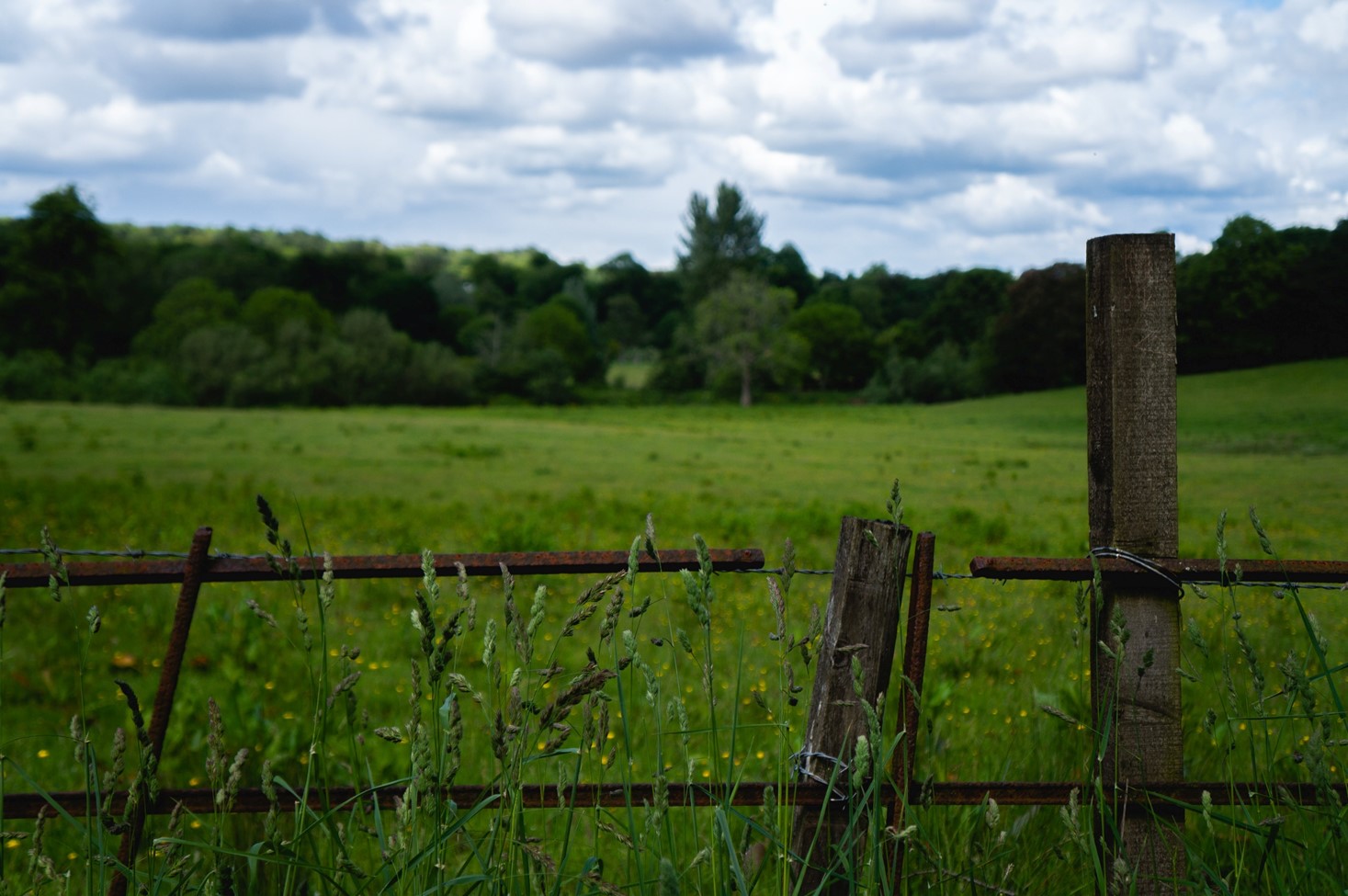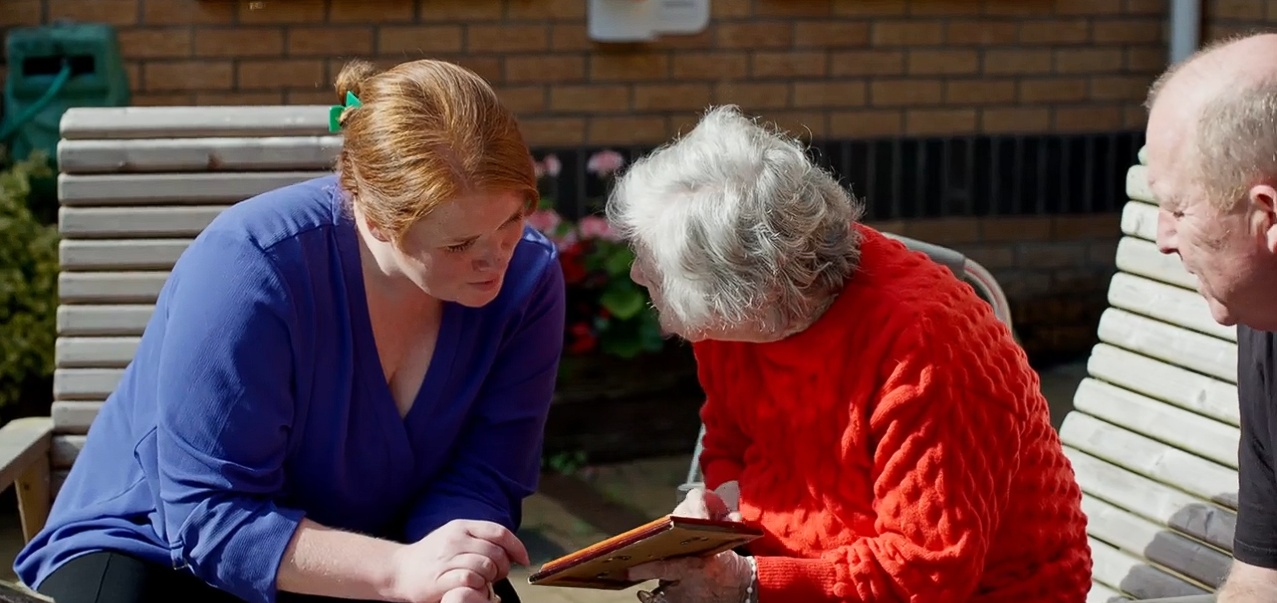
-
Source
Using mixed methods to assess individual and community resilience: the C4C evaluation model (Scotland)
Within the Scottish Rural Network’s LEADER programme, the C4C project aimed to help to build stronger rural communities in south-western Scotland. The project targeted small, rural and poorly resourced communities in a two-year project to enhance their resilience and capacity. A mixed methods evaluation model was developed to measure community resilience and evaluate the C4C project. Four resilience components formed the measurement framework:
• social individual resilience
• social community resilience
• economic individual resilience
• economic community resilience.
Over 150 face-to-face interviews were then carried out to find out how rural communities viewed community resilience. These informed the design of a questionnaire with 20 questions for collecting quantitative self-reported data (on a 10-point scale) across all four resilience components and 12 open-ended questions for gathering qualitative data. Using a longitudinal approach, the questionnaire was used to collect data from 10% of the population in six villages at baseline and after the intervention. The mean scores for all four components and overall community resilience were compared for three villages that had completed the C4C project and three non-completer villages. Villages that had completed the C4C project had higher resilience scores compared with non-completer villages.
In this way, a community capacity-building programme can be evaluated by scoring resilience across individual/community levels and social/economic domains.
Photo by Eilis Garvey on Unsplash




